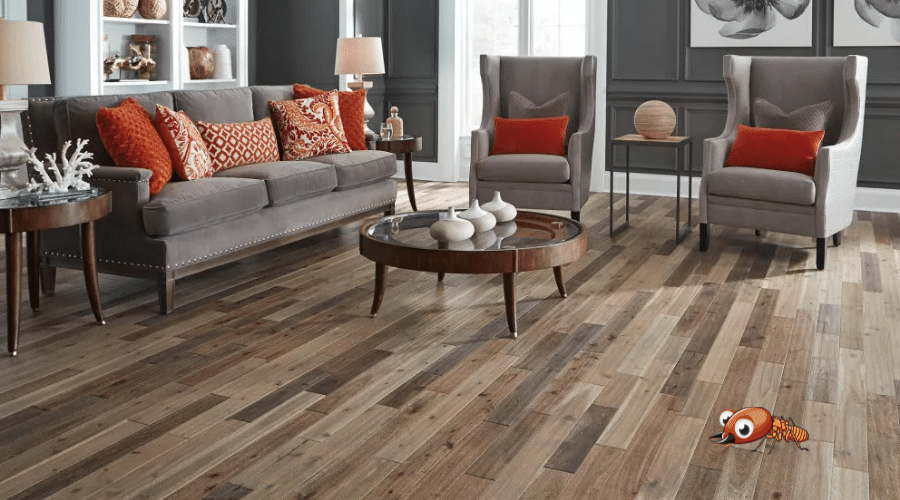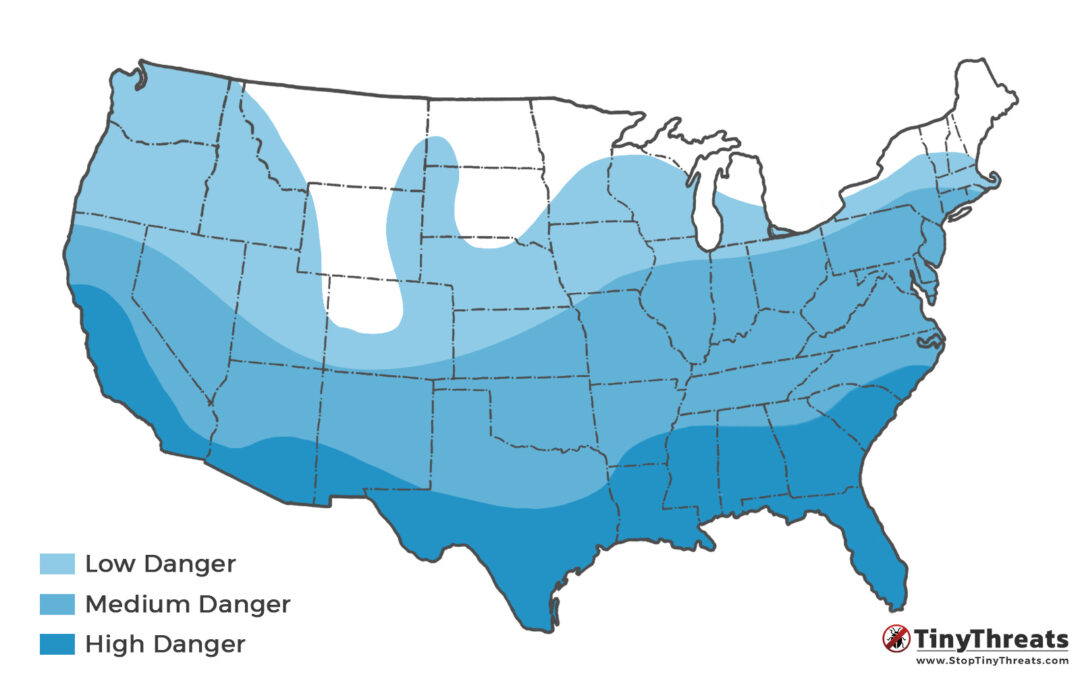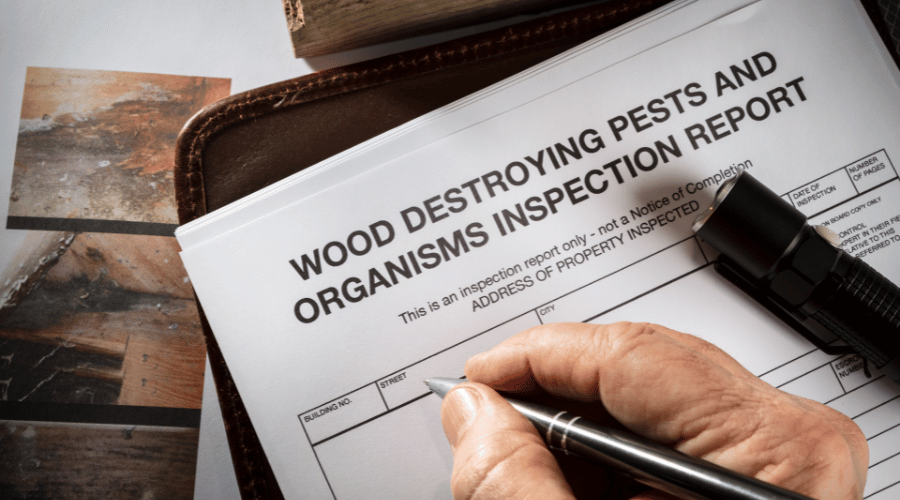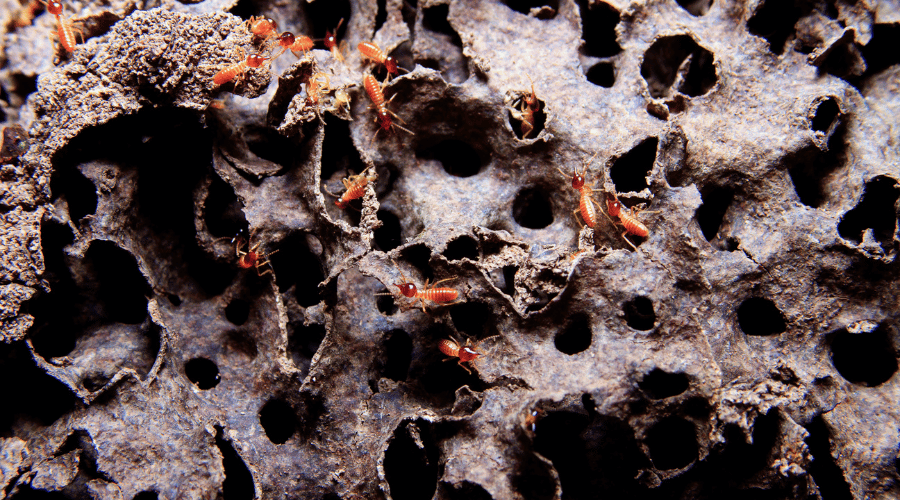Acacia is a popular hardwood that has a high resistance to termites, making it a good choice for construction in areas with termite activity.
Termites will eat Acacia if there are no easier food sources present, but they prefer softer, easier types of wood or boards.
This makes acacia a solid choice for construction, but you should not think that choosing acacia remedies the threat of termites – it does not!
Table of Contents
Acacia is Termite-Resistant, but not Immune
Termites can and will any wood, including acacia, if necessary. Acacia may slow down their progress, but it is not immune to termite damage.
Other termite-resistant hardwood options are the same – no wood is immune to termites!
Just like us, termites don’t like unnecessary difficulty, and acacia is a hardwood that is more difficult for them to chew through than softer wood types.
So if you have, for example, solid acacia flooring, but a plywood wall, expect the tasty plywood wall to be hollowed out before the termites will start digging into the acacia.
(This is why termites love plywood)
Acacia is resistant to termites for multiple reasons:
First, it’s very dense. Dense wood makes digging through it more difficult for the termites, which they prefer to avoid.
Second, it’s moisture-resistant as well. Since termites get most of their moisture from the wood, very dry wood is unattractive to them. Preventing moisture and decay in wood is one of the most important aspects of termite protection.
Finally, acacia may have another advantage: Lignin is a substance found in plant cells, which acts as a glue that holds the cells together. Acacia’s lignin likely acts as a pesticide, making it less interesting for termites to eat.
Read our article here for more information on termite-resistant engineered wood.

Don’t let beautiful flooring or furniture ruined by termites – always add protection!
Recommended Termite protection for Acacia wood
If you want to protect your home against termites, you should consider investing in wood that is not only naturally termite-resistant, but also industrially treated against insects.
During this treatment process, the wood is infused with pesticides such as boric acid, which will kill termites that eat into the wood.
Additionally, you can get a strong finish on the wood that protects it from moisture, decay, and termite invasion. This protective layer can be done in different ways, depending on the wood and its purpose. Ask your construction company or trusted woodworking experts for advice on the best product or method for your situation.
With both termite-repelling chemicals and a protective layer, your acacia should be very safe from termites for a good 10-20 years, more with good care.
Why the right wood is not enough
Despite all these precautions, termites might still invade your home. Remember, they are experts at finding vulnerable wood. You might have an attic, crawlspaces, or certain walls in your home that are attractive food sources for termites.
Subterranean termites usually enter your home from the ground, constructing tunnels (the well-known termite trails) to invade your home. Especially near the soil, the wood may be more vulnerable to termites because it gets moist and decay more easily.
In addition to protected wood, you should have a strategy to prevent termites from even entering your home at all.
Depending on your region, this will likely be soil treatment or termite bait traps against subterranean termites, or regular inspections against drywood or dampwood termites.
With both termite-resistant wood and preventive measures in place, you will finally be able to rest easily, knowing that your house is well-protected against termites.
How to protect your Attic against Termites
How to spot Termites in your Walls




